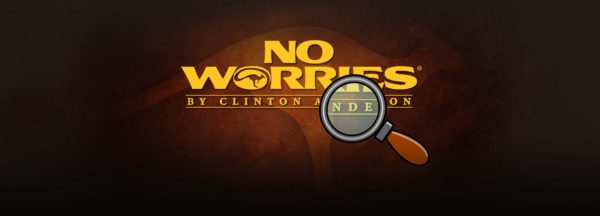Find it on the No Worries Club Website

Correcting a Horse That Bucks and Rears
A No Worries Club members asks Clinton: I am starting a 4-year-old Paint mare and have done many of your groundwork exercises and starting techniques, however, she still bucks every time after being saddled and has started rearing at times when my daughter or I are leading her in and out of the barn. When she has bucked with the saddle, we have let her and encouraged her to work on the lead rope. When she rears, we have also done some moving out, but she tends to rear when we do not have a long lead rope or when footing is bad. What do we do?
Listen to Clinton’s answer by logging on to the No Worries Club website and going to the “video library.” Click on the “Clinton Q&A” tab and type “sherryaidan” in the search bar to bring up Clinton’s answer.
The No Worries Club website is home to hundreds of hours of training video content available to members only. This exclusive content includes full-length TV shows, Q&A’s with Clinton that cover a variety of training topics, a Testing the Method series that focuses on the Fundamentals and Intermediate levels of the Method, and past No Worries Club DVDs. Learn more about the benefits of being a No Worries Club member on our website or call us at 888-287-7432.
